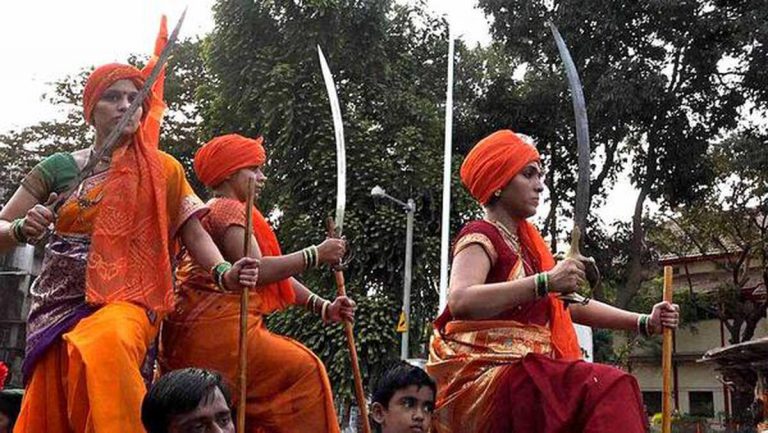Patwardhan’s Vivek: A courageous expose of extremism
S.R. Praveen

Anand Patwardhan documents the murders of rationalists
That such courage comes from someone who is out to document the murders of rationalists, secularists and common people by religious fundamentalists, speaks volumes of Patwardhan’s commitment to his art, which he has been practising from the days of the emergency, when he made Prisoners of Conscience .
“I feel like Shahrukh Khan when I come to Kerala,” he told the packed crowd at the Kairali theatre, which remained in the hall, for the four hour-long documentary. That duration is justified, for the gripping narrative and for the way he has travelled across the country, piecing together seemingly unconnected incidents of fundamentalist violence over the past decade, and placing it in a historical context.
He goes extensively into the background of the work done by each of the rationalists, which made them the target of the fundamentalists, like the work done by Dabholkar in exposing magic tricks of Godmen and in countering superstition and Pansare’s popular speeches and pamphlets countering the Hindutva propaganda on Sivaji, who he says was not an anti-Muslim ruler as projected.
The sequences on the terror attacks allegedly planned by Hindutva organisations like Sanatan Sanstha and Abhinav Bharat makes for chilling viewing, for how it exposes the slow watering down of these cases, leading to some of them being in positions of power later. The documentary, divided into eight chapters, also covers recent atrocities on Dalits, attacks on minorities in the name of the cow and the student protests in the country’s universities and the witch-hunt aided by a section of the electronic media.
Providing Hope
The filmmaker himself was at hand to provide hope to those who were left with dread after watching the take on contemporary India.
“Progressive movement has for long ignored culture, although there were people like Pansare who used media like folk songs to spread the message to the masses. When the RSS was banned following the assassination of Gandhi, they created cultural wings, because they were not allowed to do politics. They have managed to spread that culture slowly across the country. There are lessons to be learned from that,” he said.
He says he has spent more time in courts than making films. “But this time, my fight was not alone. The film festival organisers too fought very hard and we won,” said Patwardhan.